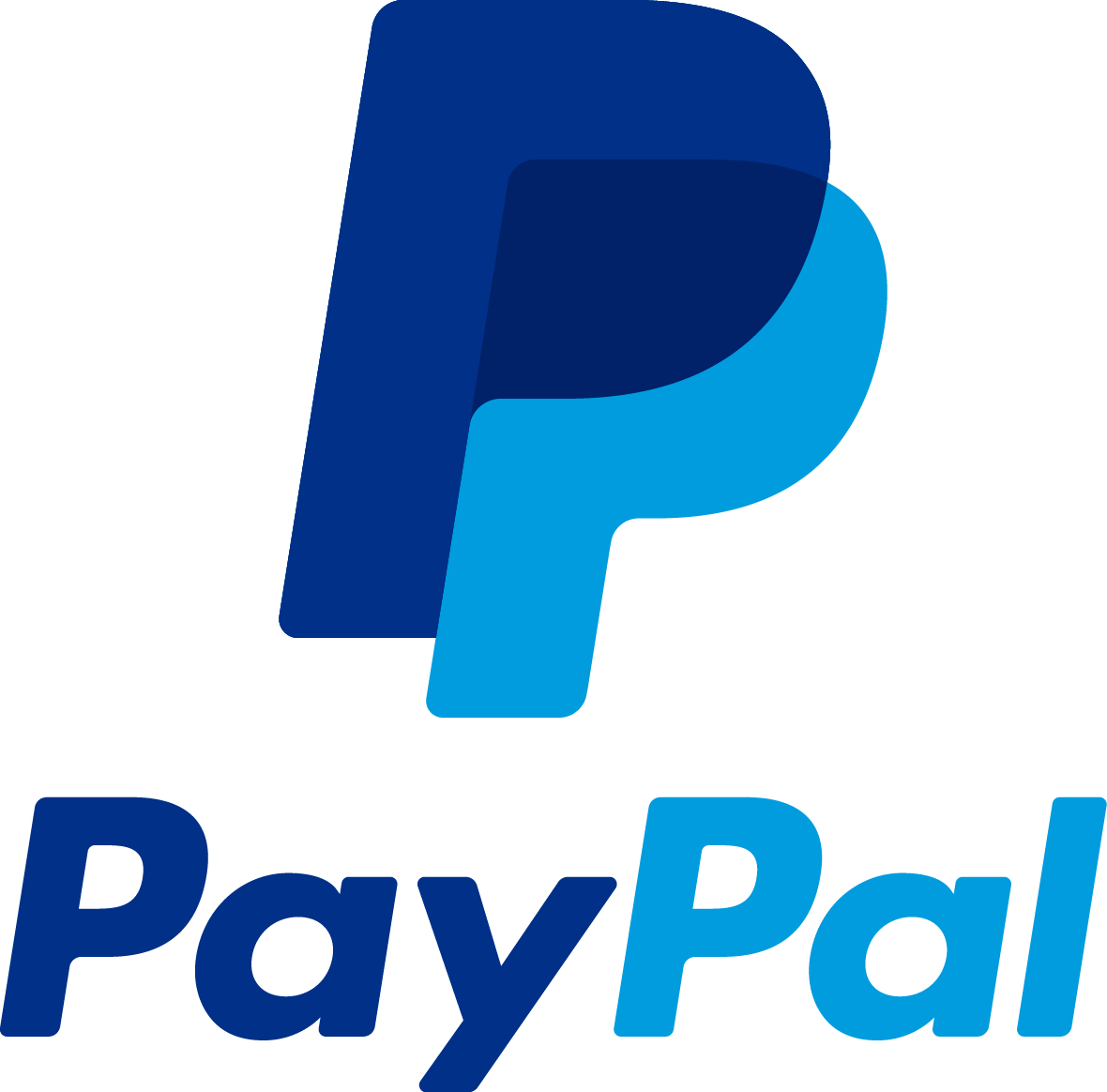How Financial Empowerment Creates Hope: My Never Stand Still Conversation with John Hope Bryant
by Dan Schulman, President and CEO at PayPal
Originally published on LinkedIn
I met John Hope Bryant a few years ago, and we had a conversation I’ll never forget. He and I had an opportunity to sit down one-on-one to discuss our passion for financial empowerment, and it was a meeting of the minds, so to speak.
John is the Founder and CEO of Operation HOPE—his response to the despair and devastation of the 1992 Los Angeles riots. Since then, his organization has lived up to its name, creating hope through financial dignity for almost three million people living in the United States. Operation HOPE has directed more than $3.2 billion of economic activity to disenfranchised communities and continues to take action in the face of a global pandemic, an economic crisis, and widespread reckoning with racial injustice.
John has been recognized by the last five United States’ presidents and is an author and philanthropist whose worldview serves as an example for us all. I’m honored that he joined me for the first episode of Never Stand Still Season 3. Our conversation was particularly timely at a moment in history when many of us are physically apart and grappling with systemic inequality. I hope the takeaways from our discussion are helpful for you all:
Financial empowerment creates hope.
John told me, “I’m convinced people don’t need a hand out, they want a hand up.” A hand out is a one-time quick fix, while a hand up focuses on changing the system to create widespread, long-term impact. This mantra is part of Operation HOPE’s guiding philosophy, where John’s work focuses on financially empowering those who are underserved by the financial system. In these communities—which are disproportionately comprised of people of color—an infusion of capital can be a bridge to ascension, giving them the ability to invest in things like education or kick-starting a business.
Right now, there are more than 185 million adults in the U.S. struggling to get by every single month; 40% say they’d struggle to pay a $400 emergency expense. When that’s the case for so many people, they don’t have the same dreams or opportunities anymore—what John calls people’s “silver rights.” That’s precisely why PayPal is so focused on democratizing access to financial services for all. As we work to help drive solutions for more affordable, convenient, and secure financial services for people throughout the world, John and I agree that we can provide hope by giving people a hand up through improving their financial health.
Change is most likely to occur in difficult times.
This is a really important message for people right now. Given the confluence of events that the world is facing, I asked John whether he feels we’re in a unique moment to engender change. He responded, “Rainbows only follow storms…No one changes in good times. Why would you?” The situation we’re in—an economic crisis further exacerbated by a global pandemic and spurring an overdue reckoning of systemic racism—has brought so many of the issues we face to the forefront. With so many peoples’ lives on pause, these issues can’t be ignored. John added, “I think it’s a chance for us to get everything right…now you don’t have to convince anybody to deal with these issues, because the issues have dealt with us.”
It’s true that, on a personal level, this has been the case in my life. Looking back, I learned some of my most important life and leadership lessons during challenging moments. It’s when times are hard that we’re forced to reflect on our priorities and expand past our pre-conceived limitations. I’m optimistic, as is John, that these times will give way to a brighter, more equal future. As John said, “leaders who light a candle versus cursing the darkness” are deeply needed right now, and he is one of those individuals.
Advocate and build toward lasting change.
John doesn’t just believe in creating lasting change, he has a comprehensive plan to achieve it. His idea for a “New Marshall Plan” is a “government-framed, public policy-led, private sector co-invested and encouraged, community-adopted, and American citizen-supported plan that would effectively harness the untapped aspirational potential of tens of millions of African Americans through free enterprise.” In it, he proposes steps to reform education, financial literacy, access to job opportunity, and access to capital. I’m proud that through public-private partnerships and collaboration across the financial services ecosystem, PayPal is addressing many of the points in John’s plan. We look forward to expanding this impact even further.
During our conversation, John asked me directly, “Why do you care so much?” The truth is, I was lucky to have role models—specifically my parents, but also peers and professional mentors—that instilled in me a deep obligation to make lasting change. As we continue these important conversations about our systems’ failures and how to fix them, we should all consider who we’re learning from, who our children are learning from, and who is missing a seat at the table. Whether it’s through an influx of capital that creates bridges to economic mobility, or a financial advisor visiting a fourth grade classroom (like the one John credits for helping him see a future as an entrepreneur), there are opportunities large and small to make a difference.
Sending my deep gratitude again to John for joining me in this conversation. I’m looking forward to continuing it.

